Grand Hotel (1932)
“I’d like to take you in my arms, and not let anything happen to you — ever.”
|
Synopsis: |
|
Genres, Themes, Actors, and Directors:
Response to Peary’s Review: Indeed, the storyline of a “thief who gives something to people [and thus] cannot survive” (“it’s John Barrymore who helps Garbo, Lionel Barrymore, and Crawford overcome their self-pitying depression”) is an intriguing one. It’s engaging watching the ripple effect of Barrymore’s sudden burst of love and compassion for Garbo carrying out across so many individuals: the moral of this story is a powerful one, and the ending is satisfying. I’m less a fan of top-billed Garbo’s melodramatic performance (“I want to be alone!”) than Crawford’s; indeed, this was one of Crawford’s best early roles, and the pre-Code script allows us no-holds-barred access to understanding the sexual compromises women sometimes make for their careers. It’s interesting to know that, according to TCM’s article, Crawford was “afraid she would be lost among the film’s high-powered stars and also worried that her character’s best scenes would be cut by the censors”; she needn’t have worried, as her charisma shines through. Peary agrees, naming her Best Actress of the Year in Alternate Oscars for her role as Flaemmchen, “a poor, ambitious, free-lance stenographer who picks up needed money by sleeping with her employers”. He notes that while “Crawford was already a major star when she made Grand Hotel,” this “was the picture that proved she could hold her own with the movie elite and be taken seriously as a dramatic actress.” He adds that “as with her earlier characters, there is a softness under Flaemmchen’s tough, wise-to-the-ways-of-men-and-life exterior”, noting that while he likes “most of Crawford’s early film roles”, this “is her first performance that isn’t erratic. In her movements, her sexy hip-out stance, her line readings, and her expressions, Crawford had never been more natural [or] more honest” and “real feelings come through.” He concludes his essay by noting that “Crawford is extremely sexy, with youthful energy, huge eyes, and sensual backward glances, a posed slim and angular body” — but “there is something much more than sexual magnetism at work”: “what makes Crawford so memorable… is her star quality.” Redeeming Qualities and Moments:
Must See? Categories Links: |
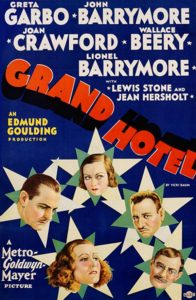
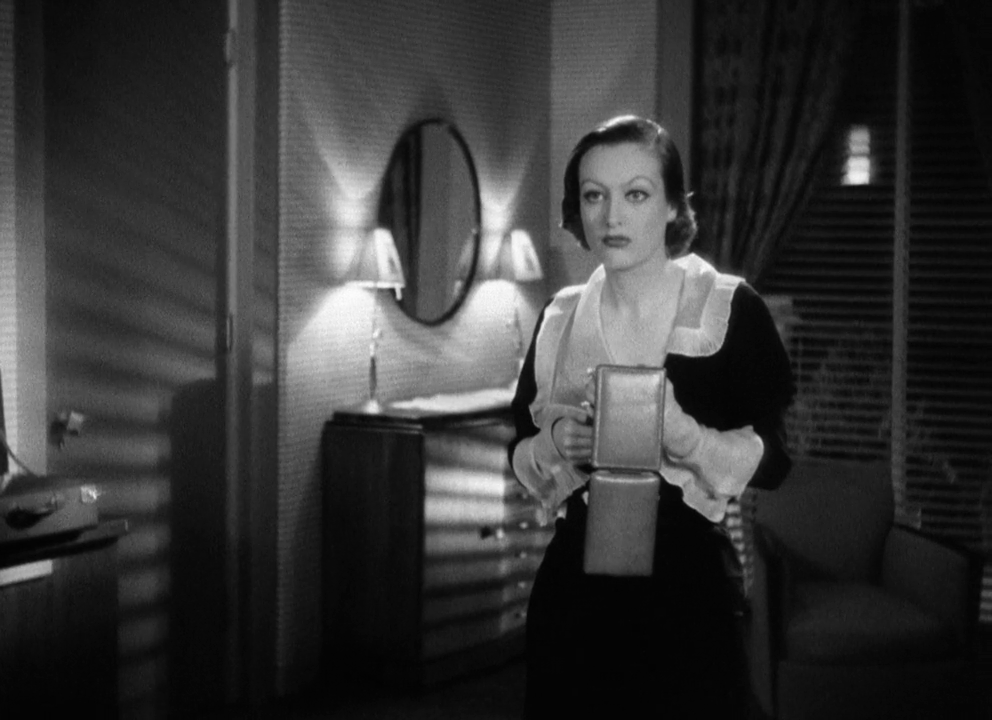
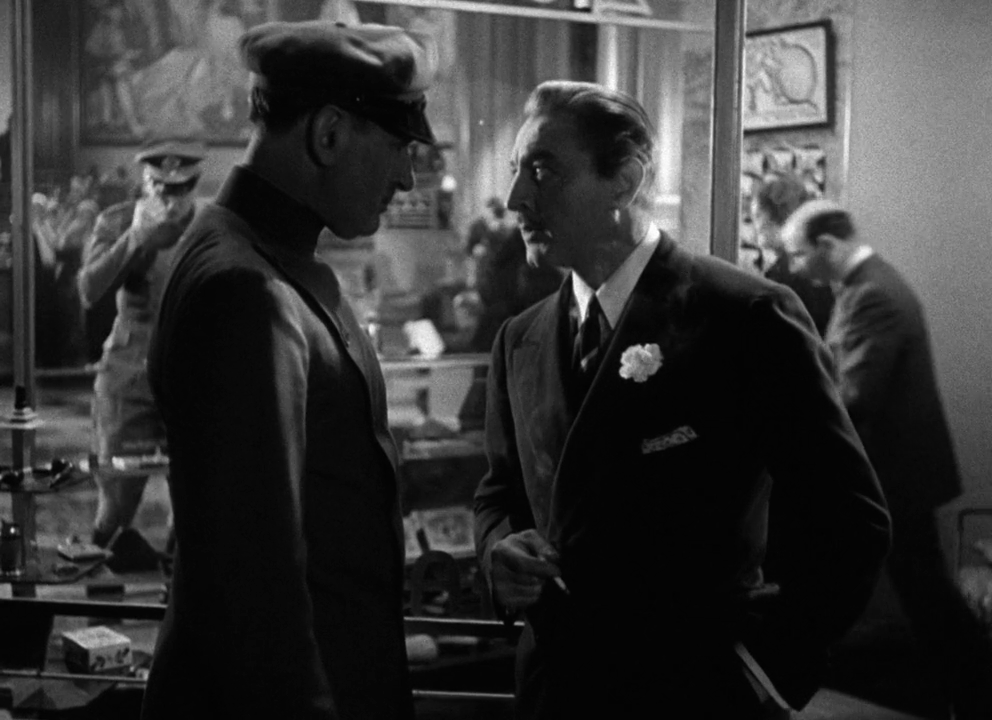
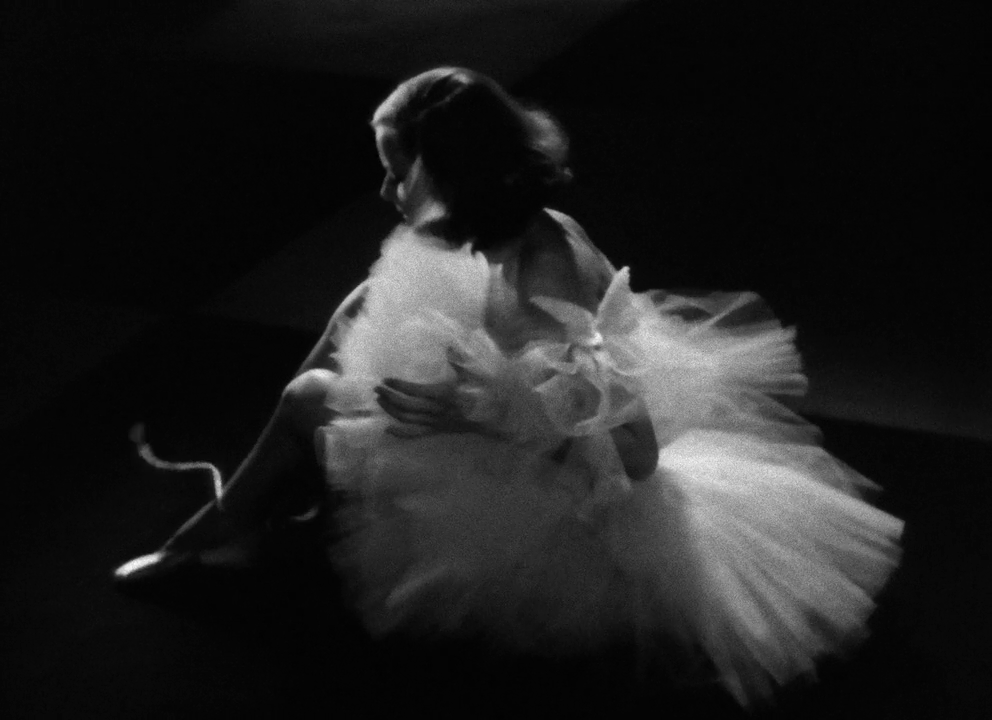
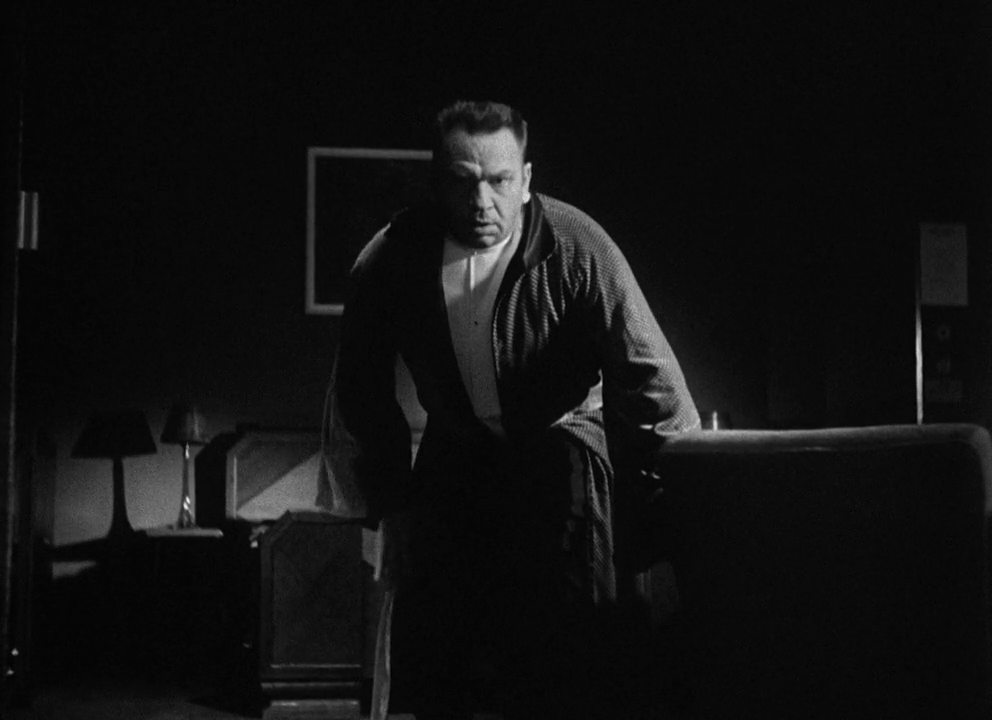
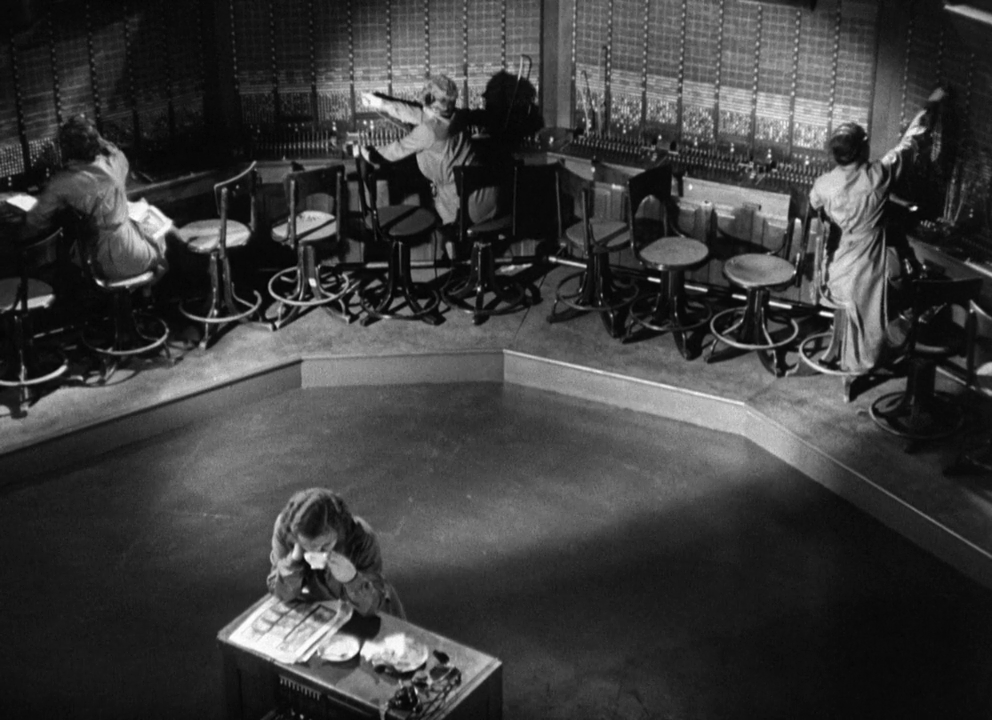
One thought on “Grand Hotel (1932)”
Ultimately not must-see.
I’d seen this once before – a rewatch has been a dull experience. It’s not so much that the film has dated; it’s just not very good.
When Lewis Stone says, “Grand Hotel – always the same: people come, people go, nothing ever happens.”, I find myself agreeing with him: nothing of any real interest does happen in this movie. It just sort of plods along from beginning to end. Director Edmund Goulding – a good director – does what he can to keep things moving as fluidly as possible but to little avail.
MGM threw together a bunch of big-name stars in the hope that the stars alone would carry the day. The problem is that no one has a role that he / she can do much with. The only one who I think acquits himself well, considering what he’s asked to play, is Berry. Lionel Barrymore isn’t bad – except for the fact that his part is dangerously one-note. I’m not that impressed with Crawford here: she seems sort of adrift in what she’s playing. (Would her character really tell the man she’s working for that what she really wants to do is be in the movies? Would she be so rude as to read a telegram – in his presence – that is none of her business?) But the wrongest move of all is for Garbo – in a role that, as written, is simply beneath her talent. She is asked to say the most godawful dialogue – and mean it!
Granted, the production design is impressive – the interiors of the hotel, as expected, are grand. But, outside of a few scenes in which things perk up a little, this is not a compelling flick.